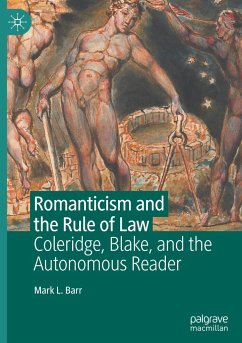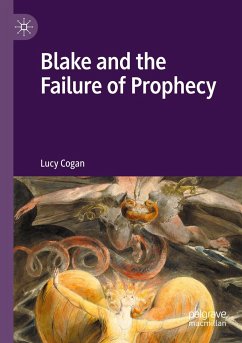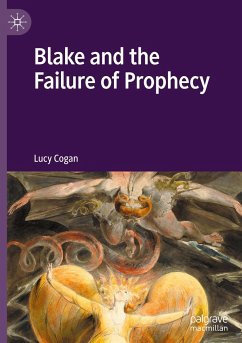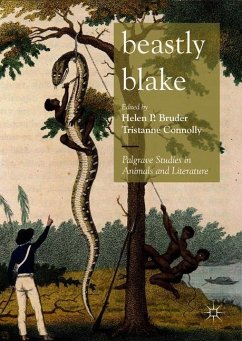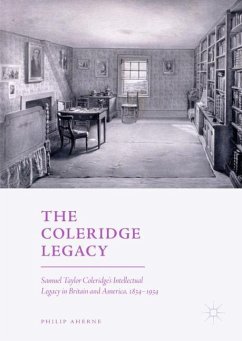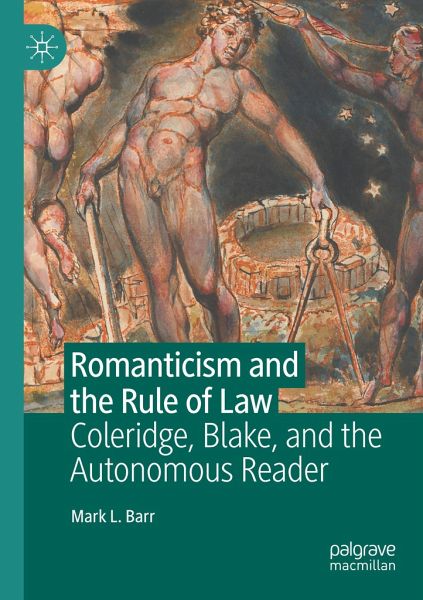
Romanticism and the Rule of Law
Coleridge, Blake, and the Autonomous Reader
Versandkostenfrei!
Versandfertig in 6-10 Tagen
83,99 €
inkl. MwSt.
Weitere Ausgaben:

PAYBACK Punkte
42 °P sammeln!
This book frames British Romanticism as the artistic counterpart to a revolution in subjectivity occasioned by the rise of "The Rule of Law" and as a traumatic response to the challenges mounted against that ideal after the French Revolution. The bulk of this study focuses on Romantic literary replies to these events (primarily in the work of Samuel Taylor Coleridge and William Blake), but its latter stages also explore how Romantic poetry's construction of the autonomous reading subject continues to influence legal and literary critical reactions to two modern crises in the rule of law: Europ...
This book frames British Romanticism as the artistic counterpart to a revolution in subjectivity occasioned by the rise of "The Rule of Law" and as a traumatic response to the challenges mounted against that ideal after the French Revolution. The bulk of this study focuses on Romantic literary replies to these events (primarily in the work of Samuel Taylor Coleridge and William Blake), but its latter stages also explore how Romantic poetry's construction of the autonomous reading subject continues to influence legal and literary critical reactions to two modern crises in the rule of law: European Fascism and the continuing instability of legal interpretive strategy.



